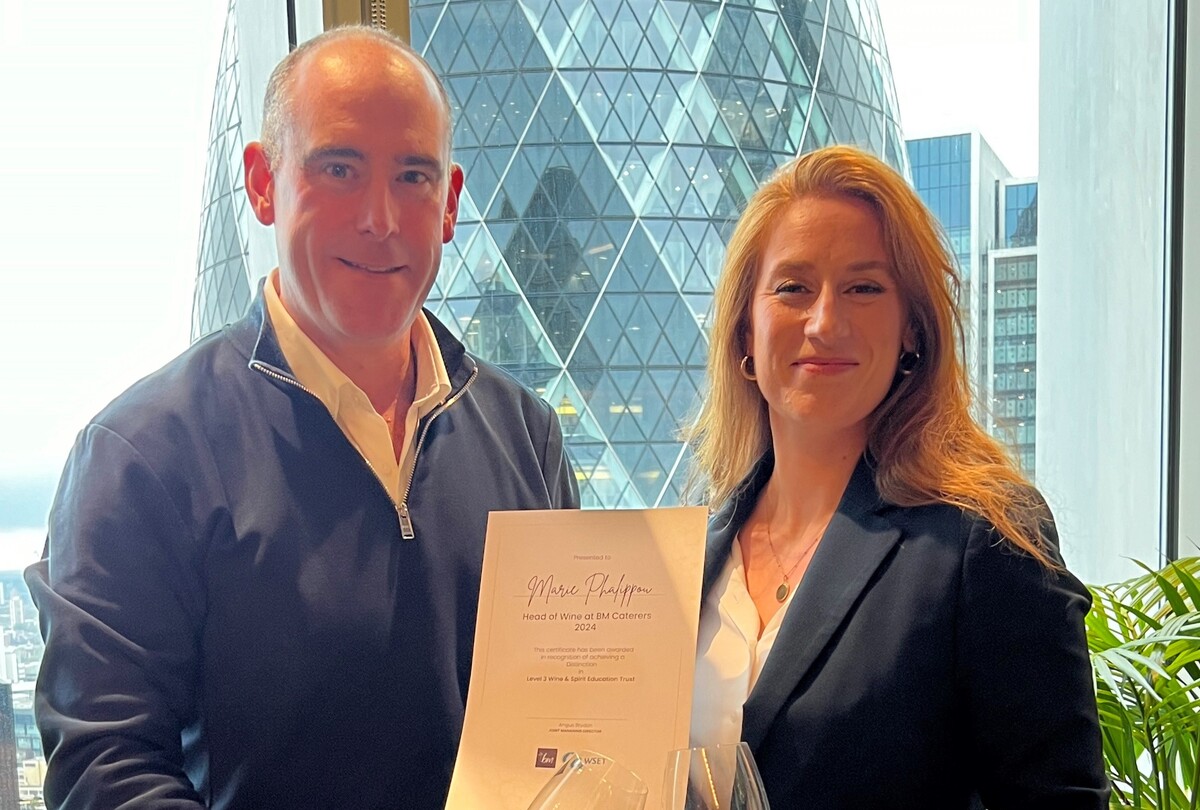Free school meals funding ‘has not kept pace with inflation’
Funding for free school meals in England has not kept pace with inflation and since 2014, the per-meal funding rate has lost 16% of its value in real terms, according to Institute for Fiscal Studies (IFS).
The independent body has published a report exploring the costs and benefits of different ways of expanding free school meals, which found that the funding rate for Universal Infant Free School Meal (UIFSM) should be £2.87 if it had increased in line with inflation as measured by the Consumer Prices Index (CPI), compared to the current rate of £2.41.
“Given that current inflation is particularly high in food prices and energy costs, the pressure on free school meal budgets could be even higher than these figures indicate,” the report said.
There has been increasing lobbying for the expansion of free school meals provision over the last year, notably the Feed the Future campaign backed by the likes of Tom Kerridge, Jamie Oliver, LACA and Henry Dimbleby's Chefs in Schools, calling for all children of families on Universal Credit to be eligible for free school meals, with around 1.7 million children whose families are entitled to Universal Credit currently ineligible for free lunches.
The report estimated that increasing the funding rate in line with inflation would cost an additional £250m a year, while raising the income cap for families on Universal Credit from £7,400 to £20,000 a year, as proposed by the National Food Strategy, would cost around £425m and bring around 900,000 children in low-income families into eligibility, meaning that around two-thirds of children whose families get Universal Credit would also get means-tested free school meals.
Offering free school meals to all children whose families receive Universal Credit, meanwhile, would cost nearly £1b a year, similar to the cost estimated for extending free lunches to all primary school pupils.
As a result, the report concluded that increasing the per-meal rate would “potentially create the fewest difficulties, easing the funding squeeze that resulted from years of below-inflation funding increases or cash-terms freezes”.
Brad Pearce, chair of LACA – The School Food People, said the report highlighted the “significant strain that school caterers have been under for some time”.
He said: “With food prices continuing to increase, and caterers reporting 50%-70% increase in staple items since 2020, we urge the government to increase funding for both UIFSM and FSM, in line with inflation.”
School caterers have not been immune to inflationary cost pressures, as reported in *The Caterer* late last year, and LACA has been calling on the government to increase funding to address the cost of living crisis and align with inflation.
It was announced earlier this year that, for the 2023–24 academic year, all primary-age children in state schools in London will be eligible for a free school meal, expanding eligibility by 270,000 pupils beyond the 550,000 who are already eligible.
Meanwhile, in Northern Ireland, the Department of Education has confirmed “with great reluctance” that School Holiday Food Grants (SHFG) have been cut as of the end of March. Since July 2020, additional ringfenced funding was provided to enable the department to pay SHFG on behalf of the Executive, however this funding ended this month.
Around 99,592 children and young people are estimated to be affected as this is the number entitled to free school meals, the criterion used to provide school holiday food grant payments.
A spokesperson for the department said that while funding allocations had not yet been confirmed by the Secretary of State, the department was facing “an extremely challenging budget”.
They said: “The department recognises the important support the SHFG scheme has provided for low income families who are struggling financially, particularly with recent cost of living rises and realises the huge disappointment this will be for parents… We will continue to work with other government departments and agencies in efforts to tackle holiday hunger in the future.”
Northern Ireland does not offer any universal school meal provision, but it does have a much higher income cap than the other three parts of the UK: parents claiming Universal Credit can earn up to £14,000 a year and still qualify for free school meals.
In Scotland, free meals are universal in Primary 1 through 5 (ages 5–10). While the Scottish government had planned to extend universal provision to all primary school pupils by August 2022, the roll-out has been delayed. The Scottish government has instead committed to offer free school meals to all primary pupils by the end of this parliamentary term, which runs until May 2026.
And Wales offers means-tested free school meals on a similar basis to England, but is rolling out universal free provision in primary schools by 2024. Most Welsh local authorities are already expected to offer universal meals to children in Reception through Year 2 and Welsh primary schools can also request their local authority to fund free school breakfasts if there is sufficient demand from parents.
Photo: Shutterstock
















